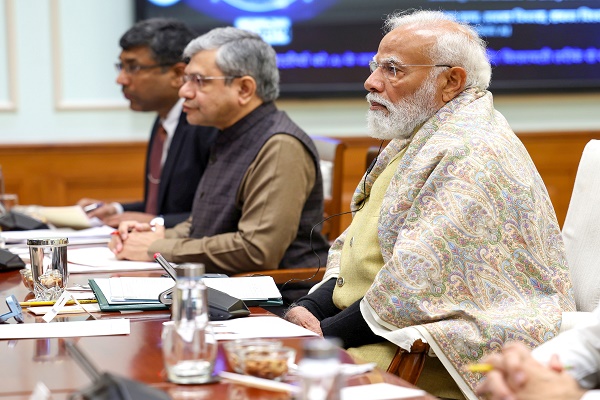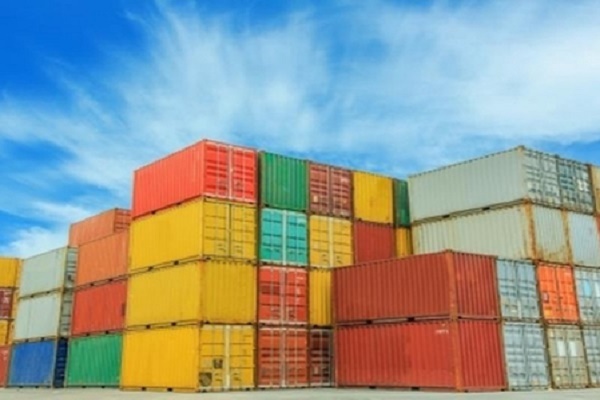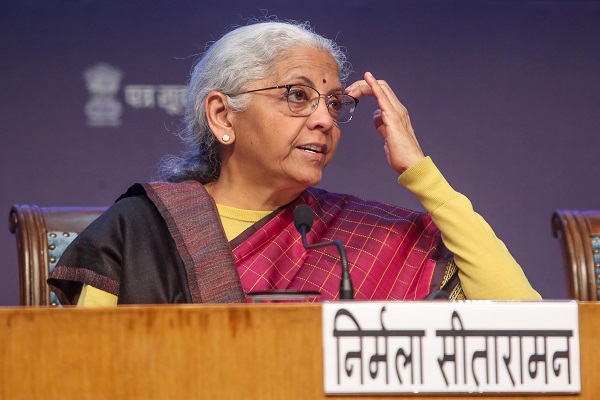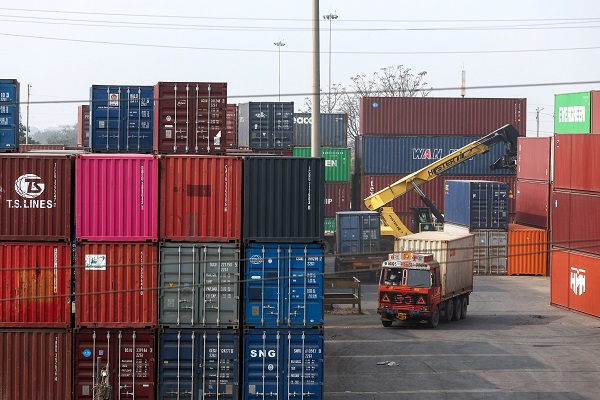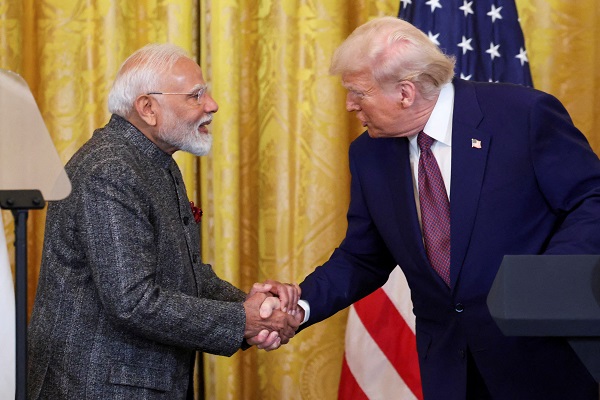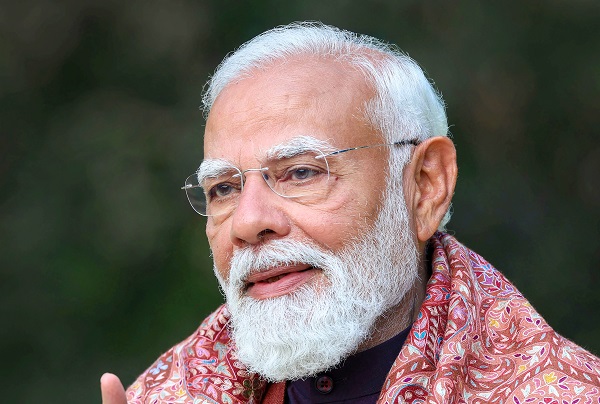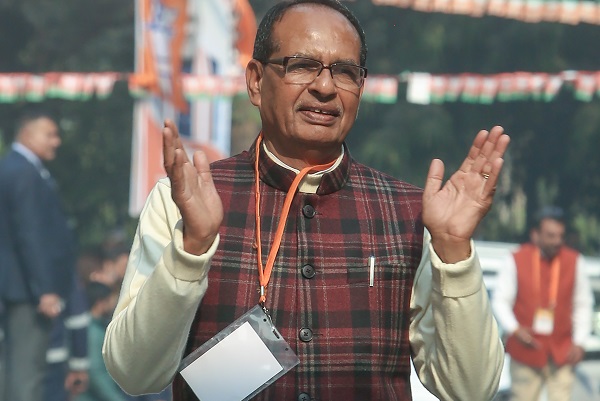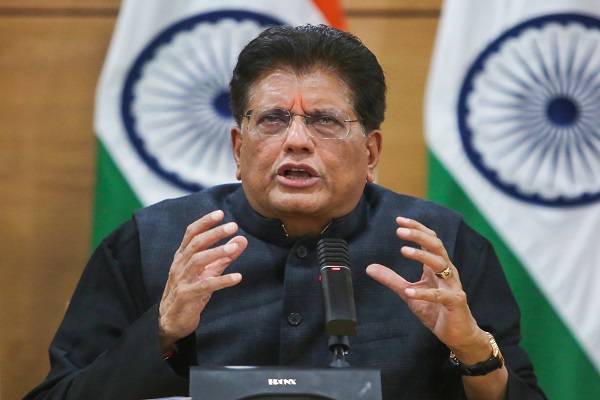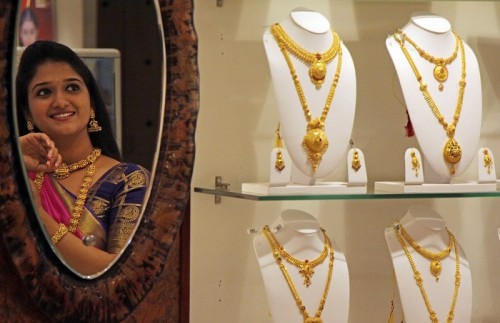Metals drive Indian shares up to near 2-week high

A rally in metals stocks lifted Indian shares to close at near two-week highs on Thursday on the back of expected demand surge in top consumer China, while a surge in crude prices kept gains in check.
The NSE Nifty 50 index rose 0.3% to 17,331.80, while the S&P BSE Sensex gained 0.3% at 58,222.10.
Oil prices stabilised near three-week highs on Thursday after OPEC+ agreed to further tighten global crude supply. A surge in crude prices will further heat up India's inflation.
"Inflationary concerns worldwide and central banks hiking interest rates persistently have spooked markets and kept investors on tenterhooks on worries of a global slowdown," said Shrikant Chouhan, head of equity research (retail), Kotak Securities.
Foreign institutional investors (FIIs) bought net 13.45 billion Indian rupees ($164.8 million) worth of equities on Tuesday, as per provisional data available with the National Stock Exchange.
FIIs sold $1.99 billion worth of shares last week, as per Refinitiv Eikon data. September saw net FII equity outflows of $903.08 million, compared with $6.44 billion of inflows in August, according to Refinitiv.
The Nifty metals index rose 3.3%, while the IT index gained 1.6%. JSW Steel rose 4.9% and was the top gainer in Nifty 50 index.
China's demand for commodity shipments is expected to improve in the fourth quarter as investments in infrastructure projects and steel production pick up pace, senior shipping executives said.
Shares of SpiceJet Ltd closed up 9% after a report said that the budget airline is expected to receive an additional loan of 10 billion Indian rupees ($122.7 million) under the government's modified Emergency Credit Line Guarantee Scheme.
Shares of Zee Entertainment Enterprises rose 4.4% after India's competition regulator on Tuesday approved a merger between the company and Indian unit of Japan's Sony.
Meanwhile, Morgan Stanley research downgraded Indian equities to underweight, saying even as the economy remains fundamentally sound, it saw less upside in the "more expensive" equity market.

